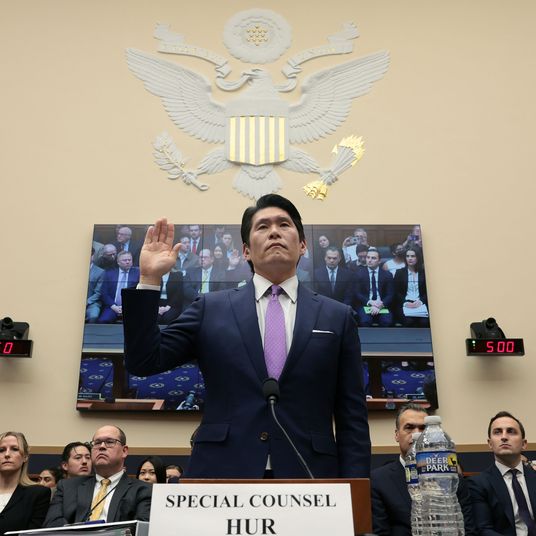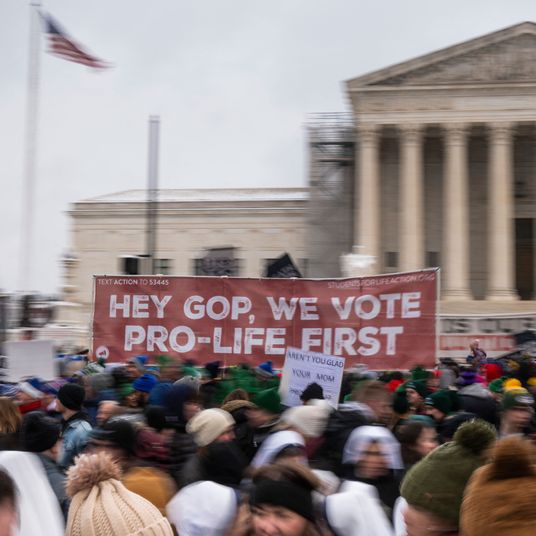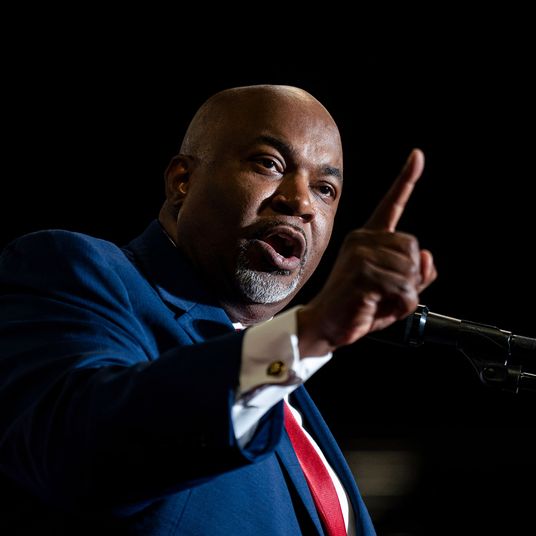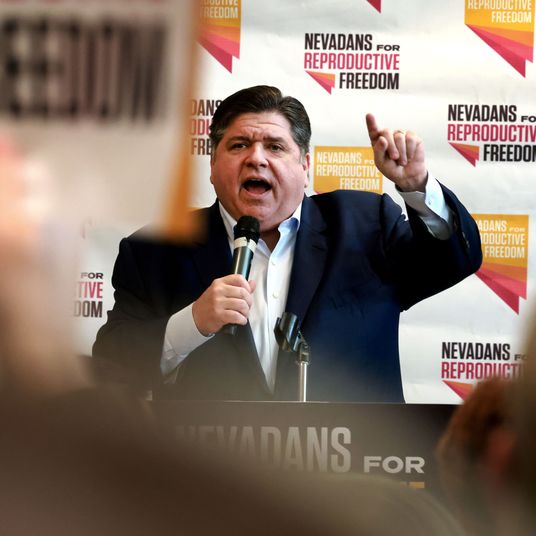Throughout the 49 years during which Roe v. Wade set abortion policy in this country, one of the mantras of the anti-abortion movement was “Let the people decide!” “Unelected federal judges,” we were told, had usurped the right of the public to determine the laws governing reproductive rights via the instruments of state politics and government, as they had done before Roe was handed down in 1973.
Well, the U.S. Supreme Court did reverse Roe in 2022, and wherever they had the power, anti-abortion Republicans enacted the most thorough abortion restrictions they could impose in any given state. There was, however, a strong popular backlash to these new laws, even in strongly Republican states. Where it was possible to roll them back or prevent their enactment by passing or rejecting ballot initiatives, the pro-choice popular majority won again and again, in California, Kansas, Kentucky, Michigan, Montana, and Ohio.
So as the 2024 election approaches, efforts are underway to place abortion policy on the ballot in a host of states (including Florida, Missouri, Nebraska, and South Dakota). Democrats are hoping to galvanize general-election turnout, and anti-abortion activists have been looking high or low for ways to make that harder. In Ohio, the Republican legislature tried but failed to create supermajority requirements for ballot initiatives changing state constitutions. In Florida, the Republican attorney general is seeking to stop a ballot initiative on grounds of allegedly deceptive wording.
In Arizona, however, anti-abortion activists battling an effort to put a pro-choice constitutional amendment on the November ballot are trying a more direct method: convincing voters they should not sign petitions enabling the ballot initiative because they should not decide abortion policy. Politico explains this “decline to sign” campaign, spearheaded by the hard-core anti-abortion group Students for Life:
The activists are deploying everywhere signatures are gathered — making their case at festivals, libraries, big box parking lots and coffee shops across Arizona. Some are simply trying to reach voters with an anti-abortion message before the other side does. Others are turning to more confrontational methods: tracking the locations of signature-gatherers on a private Telegram channel, filming them, interrupting their work, and calling security to get them removed from high-traffic spots around town.
“We will make sure no one will get approached to sign without hearing the other side of the story,” said Chanel Prunier, who leads Students for Life’s electoral advocacy arm. She called her decline-to-sign volunteers going door-to-door across the state the “ground troops” of the anti-abortion movement.
To some extent, these “ground troops” are promoting misinformation about the implications of the proposed amendment, arguing that it guarantees the right to an “abortion up until birth.” In fact, the initiative would simply restore the Roe standard of a right to choose prior to fetal viability, with post-viability abortions only protected in cases of a threat to the life or health of the pregnant woman. But the “up until birth” argument is key to the more general claim of anti-abortion activists that their opponents are the real “extremists” on this issue.
The underlying argument, of course, is that voters shouldn’t be voting on abortion policy at all, at least where they might relax rather than increase restrictions. Politico quoted this line from a “decline to sign” protester standing near booths set up to secure ballot-initiative signatures:
“There are things that shouldn’t be voted on,” Jacob Minic, one of the demonstrators, told POLITICO. “When it comes to extreme moral issues like this one, I don’t think it should be on the ballot.”
It’s very much a “heads I win, tails you lose” approach to the issue: “The people” should be able to ban abortions but not protect them. This is, of course, in line with the anti-abortion movement’s fundamental values beneath all the rhetoric. They oppose abortion on biological, ontological, or religious grounds that have nothing to do with public opinion or democracy. Given a chance, they would embed constitutional protections for the fetus even stronger than the reproductive rights overturned by the Supreme Court in 2022. So they’re not at all daunted by the clear pro-choice majority that has emerged since abortion policy was turned over to the states — even in many red states. Whatever it takes to use the power of government to force each and every pregnancy to full term, they’re for it, even if that involves more than a bit of deception. We should all get used to it.
More on life after roe
- Anti-Abortion Activists Have Republicans in a Vise
- Republicans Can’t Be Trusted to Protect IVF
- Joe Biden’s Old-Fashioned Pro-Choice Message Still Works


























